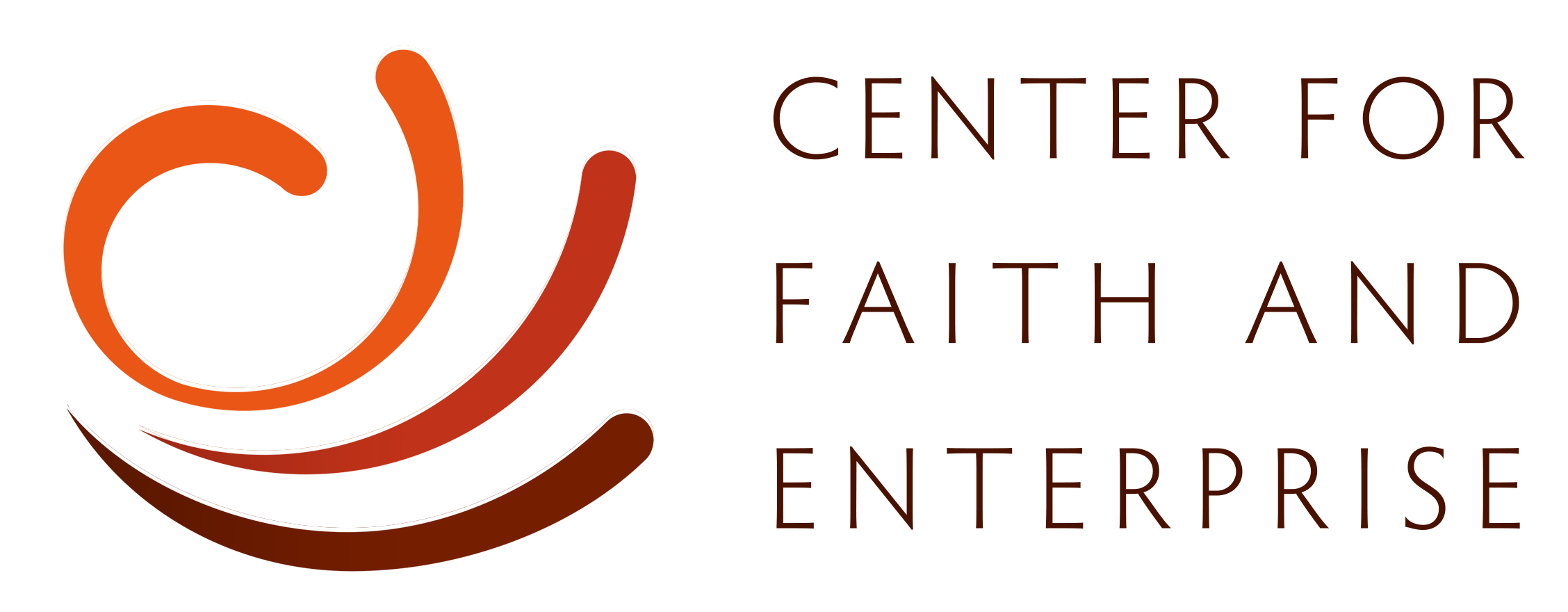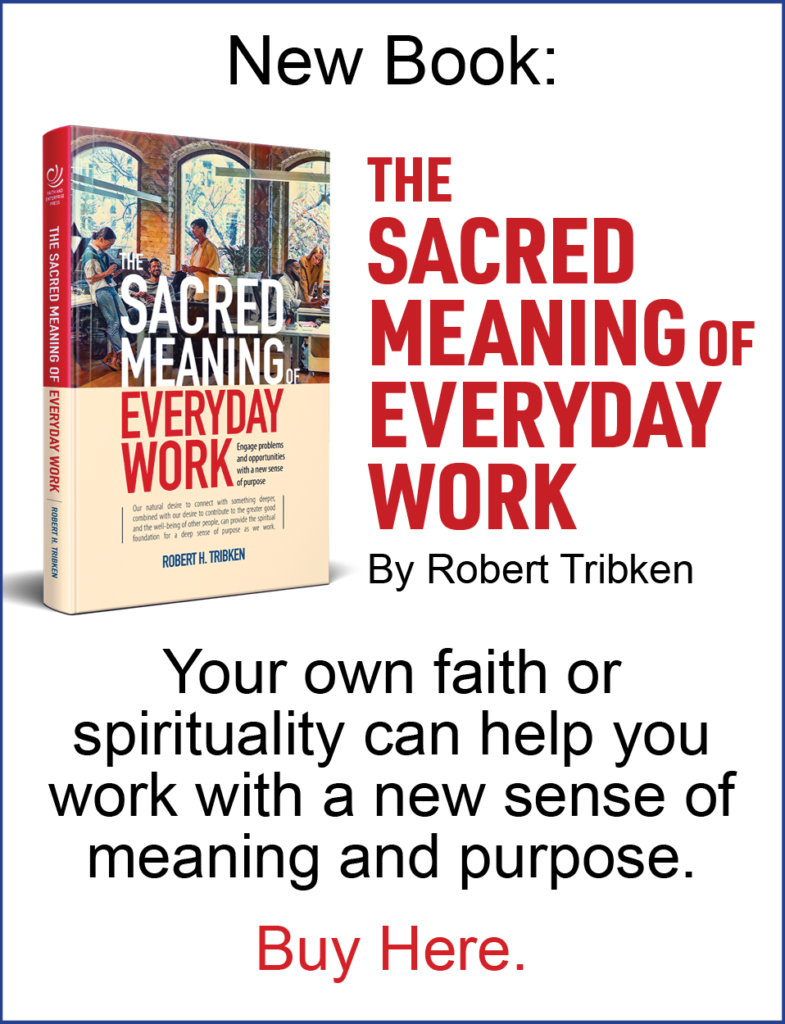Transcript of Podcast November 6, 2017
Norman Borlaug and the Fight Against Famine
I’d like to share the story of Norman Bourlag with you. It’s a great story, and it also illustrates a recurring theme in the Bible.
First, let’s talk about that Biblical theme. In quite a few passages, especially in the Old Testament, the Bible seems to be saying God has provided what we need to survive and to flourish. However, to actually make use of this provision we need to work and create and produce. To put it in more secular terms, the universe has what we need in terms of various forms of energy and matter, but it also takes human knowledge, skill, and work to actually convert these into something that is usable and will contribute to human well-being.
One Biblical example of this idea can be found in Psalm 104. The psalmist thanks God for all He has provided for His creatures, and then in verses 14 and 15 the human situation is addressed more directly. The Psalm says,
“You cause the grass to grow for the cattle,
and plants for people to use,
to bring forth food from the earth,
and wine to gladden the human heart,
oil to make the face shine,
and bread to strengthen the human heart.”
The psalmist is saying that the call of God causes the grass and other plants to grow, and of course provides the soil, the sun, and the rain to enable this. These are used in turn by humans to create food through animal husbandry, farming, and the production of wine, oil, and bread. In other words, God provides the material and we humans need to figure out how to make use of it and then go to work doing so.
This brings us to the story of Norman Bourlag. You might have heard about Bourlag — he was a Nobel Prize winner who died in 2009. His work in the field of agriculture may have very well saved hundreds of millions of lives from death by starvation — some people would say as many as one billion lives. But no matter what the actual number, Bourlag was a great human being.
Bourlag was born in 1912 and grew up on a farm in a small village in Iowa. He attended a one-room schoolhouse. Life wasn’t easy for Bourlag. He told of having to go to bed hungry as a child, and how this influenced his thinking about poverty and famine. As a young adult, he applied to the University of Minnesota but failed the entrance exam — the education he had received in his one-room school-house was just too weak. He was allowed, however, to take preparatory classes that gave him the preparation he needed. He reapplied and was accepted, and went on to receive a Master of Science degree and then a Ph.D. in plant pathology.
After graduation, he worked for Dupont during WWII and was then recruited into a Rockefeller Foundation project designed to boost agriculture in Mexico. At the time Mexico was importing much of its grain — famine was a grave threat for a great many people.
In Mexico, Bourlag faced severe hardship for more than a decade doing physically demanding work under demanding and very inhospitable conditions. For several months each year he even lived in an unfurnished hut in Sonora without running water, sleeping on a stack of old bags of grain. He also faced political opposition. But through it all, he and his team kept crossbreeding hundreds of different varieties of wheat to find the ones that would stand up best under the harsh conditions while resisting disease.
Eventually, he and his team succeeded spectacularly. By 1963, 95% of Mexican wheat grown was from genetic varieties developed by Bourlag and his team, and the total Mexican harvest was six times what it had been in 1944, the year the project started. Mexico began producing a surplus and even became an exporter of grain. The risk of famine was greatly diminished, and the farmers of Mexico began to prosper.
Bourlag trained and set up teams in other countries facing famine, such as those in North Africa, and these teams achieved success as well. Then another huge challenge emerged: The prospect of large-scale famine in both India and Pakistan.
In the early and mid-1960s, experts predicted that famine would ravage both countries because of population growth, and tens of millions of people would die from starvation. Bourlag and his team were invited into both countries, but in each case they faced extraordinary opposition from politicians, food bureaucrats with turf to protect, and activists who were against the importation of seed into developing countries by so-called “big business.” However, the situation became so dire and the risk of wide-scale famine so acute that Bourlag and his supporters in India and Pakistan eventually won out.
Again, the results were spectacular. In both countries the wheat harvest almost doubled within five years due to the new wheat varieties and new methods, and by the late 1990s the yield had increased five times. India even became an exporter of wheat. Most importantly, the predictions of wide spread famine and the death of tens of millions of people did not materialize.
There was also a significant and beneficial effect on the environment. Without the immense increase in farmland productivity, massive clear cutting of forestland would have been needed to free up land for farming. Many millions of acres of forestland would have been lost.
The Bourlag story shows that developing knowledge, skill, and technique to convert the basic material of the universe — the matter and energy governed by the laws of nature — into the products and services is so important to human wellbeing. Knowledge is critical.
Consider the energy that sustains our lives. Without knowledge and a certain amount of ingenuity and labor, the oil buried beneath the ground would have remained worthless. The same is true for other forms of energy, whether hydropower, solar energy, or something else entirely. The wind, for example, can be a tremendous source of energy, but until we learn to harness it, it can’t do us much good. This calls for the work of scientists, engineers, technologists, and inventors.
But let’s not stop there. Many others beside Bourlag played important roles. There was Bourlag’s team of individuals, and the people living in the involved countries also contributed. A broad range of occupations contributed to the process — the people who designed the logistics and transportation systems, development of new ways of organizing and keeping track of information, new forms of organization, new ways of communicating, and all the other activities that it took to sustain this work. These all contributed.
You might think that only big innovations like those of Bourlag really matter, but big innovations don’t usually survive without a whole host of smaller innovations, many of which are almost unnoticeable. And many of the big innovations themselves are built on a collection of smaller innovations.
Liberating the human mind along with its curiosity, its creativity, and its problem-solving ability is critical. The command-and-control scheme of tyrants rarely, if ever, results in the improvement of the human condition, nor does the hide-bound and rigid class structure of a hereditary aristocracy or a corrupt political class. The significant progress in material well-being over the past centuries and across the globe is the result of the liberation of the human mind, even though this liberation process is still very much incomplete.
Of course, not everything we produce is beneficial. Wisdom is required — the wisdom to know what should and should not be created. Each of us can point to a time in which human inventiveness took us in the wrong direction. We need wisdom, more wisdom than we sometimes exhibit, and we need the wisdom that is found in the Bible.
The story of Norman Bourlag speaks to these issues, and so does the Bible if we pay attention.
I invite you to spend a few minutes reflecting on the role of knowledge in the work that you do. How did you acquire this knowledge? What additional knowledge would you like to obtain? Then, spend a few minutes in prayer thanking God for his provision and for whatever talent you believe God has given to you, especially the ability to learn, to create, and to produce.

